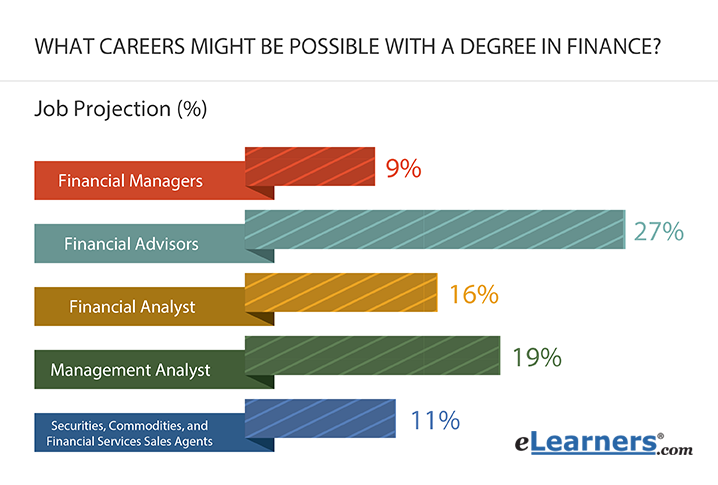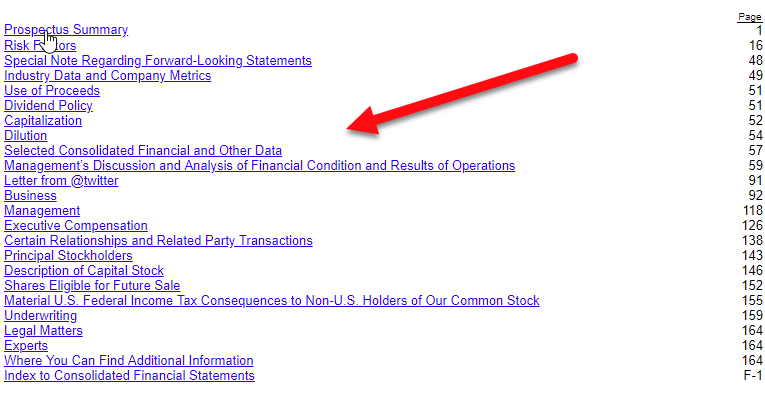Table of Contents8 Simple Techniques For What Is The Coupon Bond Formula In FinanceHow Why Does Spectre Finance Terrorism In James Bond can Save You Time, Stress, and Money.What Does The France Bond Market Finance Can Be Fun For AnyoneThe 5-Minute Rule for What Is Bond Indenture In Finance
Services aren't the only entities that can provide bonds. Governments and municipalities sell them too. Let's look at how these type of bonds vary. Advertisement Government Bonds: To money programs, satisfy their payrolls and essentially pay their costs, governments concern bonds. Bonds from stable governments, such as the United States, are thought about extremely safe financial investments.
The U.S. government issues its own bonds from the treasury and from numerous federal government firms. Those developing in less than one year are known as T-bills. Bonds that grow in one to ten years are T-notes, and those that take more than ten years to develop are treasury bonds. In many cases, you don't have to pay state or local earnings taxes on the interest they earn.
Munis financing things like healthcare facilities, schools, power plants, streets, office structures, airports, bridges and so forth. Towns usually issue bonds when they need more cash than they gather through taxes. The great thing about local bonds is that you don't need to pay federal earnings taxes on the interest they earn.
While business bonds are a greater danger than federal government bonds, they can make a lot more money. There's likewise a much larger choice of business bonds. The drawback is that you do have to pay federal income tax on the interest they earn. Specifically when purchasing business bonds, it is very important to think about how risky the bond is.

You can research the provider's financial scenario to see how solid its potential customers are. This involves examining things like capital, debt, liquidity and the company's business plan. As fun as it sounds to look into these things, the majority of us do not have the time or skills to examine a corporation's monetary scenario accurately.
Their professionals look into a business's circumstance and determine a bond ranking for the company. Every rating service has its own formula for determining danger and its own kind of rating scale. Usually, rating scales are spelled out in letter grades, where an AAA score designates a safe, low-risk bond, and a D score designates a high-risk bond.
government bonds, are generally low-yield bonds. You can depend upon getting a payment but that payout will be little. how to add bond holdings to yahoo finance portfolio. On the other side of the spectrum, you have what's not-so-affectionately referred to as, which are low-rated, high-risk bonds. In order to attract investors into purchasing these dangerous junk bonds, the providing business assure high yields.
Unknown Facts About What Is A Bond Finance
But if you do, you could earn money in spades. Still uncertain about some of the terms connected to bond investment? Inspect out the glossary on the next page.
Bonds are loans made to large companies. These consist of corporations, cities, and national federal governments. An individual bond is a piece of a huge loan. That's because the size of these entities requires them to obtain money from more than one source. Bonds are a kind of fixed-income financial investment. The other types of financial investments are cash, stocks, commodities, and derivatives.
They differ according to who releases them, length until maturity, rates of interest, and threat. The most safe are short-term U.S. which of these is an element of a bond personal finance. Treasury bills, however they likewise pay the least interest. Longer-term treasurys, like the standard 10-year note, offer somewhat less threat and partially higher yields. POINTERS are Treasury bonds that secure versus inflation.
They return a bit more than Treasuries however are a bit riskier. Corporate bonds are provided by business. They have more risk than government bonds because corporations can't raise taxes to spend for the bonds. The danger and return depend upon how credit-worthy the business is. The highest paying and highest threat ones are called junk bonds.
Up until then, the borrower makes agreed-upon interest payments to the bondholder. People who own bonds are likewise called financial institutions or debtholders. In the old days, when people kept paper bonds, they would redeem the interest payments by clipping coupons. Today, this is all done electronically. Obviously, the debtor repays the principal, called the face worth, when the bond develops.
They can only do this due to the fact that there is a secondary market for bonds. Bonds are either publicly traded on exchanges or offered privately in between a broker and the lender. Since they can be resold, the value of a bond increases and falls till it matures. Envision The Coca-Cola Business wished to obtain $10 billion from financiers to acquire a large tea company in Asia.
It provides each bond at a par worth of $1,000 and promises to pay pro-rata interest semi-annually. Through a financial investment bank, it approaches financiers who buy the bonds. In this case, Coke needs to sell 10 million bonds at $1,000 each to raise its desired $10 billion prior to paying the costs it would incur. Each $1,000 bond is going to receive $25.00 each year in interest.
What Is A Gt Bond (Finance) Things To Know Before You Buy
If all works out, at the end of 10 years, the initial $1,000 will be returned on the maturity date and the bond will cease to exist. Bonds settle in two ways. Initially, you get earnings through the interest payments. Obviously, if you hold the bond to maturity, you will get all your principal back.
You can't lose your investment unless the entity defaults. Second, you can profit if you resell the bond at a higher rate than you purchased it. Often bond traders will bid up the price of the bond beyond its face value. That would occur if the net present worth of its interest payments and principal were greater than alternative bond financial investments.

Numerous specific investors prefer to let an experienced fund supervisor select the finest choice of bonds. A bond fund can also minimize danger through diversity. In this manner, if one entity defaults on its bonds, then just a little part of the financial investment is lost. Some bonds, understood as zero-coupon bonds, do not disperse interest earnings in the form of checks or direct deposit but, rather, are issued at a particularly determined discount.
Over the long haul, bonds pay a lower return on your financial investment than stocks. In that case, you might not earn enough to outpace inflation. Investing just in bonds might not enable you to save enough for retirement. Business can default on bonds. That's why you need to check the shareholder's S&P ratings.
They could rapidly default. They need to provide a much higher interest rate to attract buyers. Although generally considered "safe," bonds do have some danger. Credit threat describes the likelihood of not getting your promised principal or interest at the contractually ensured time due to the provider's failure or aversion to disperse it to you.
The absolute highest investment-grade bond is a Triple-A rated bond. There is constantly an opportunity that the government will enact policies, deliberately or unintentionally, that lead to extensive inflation. Unless you own a variable rate bond or the bond itself has some sort of integrated security, a high rate of inflation can damage your purchasing power.
When you purchase a bond, you know that it's probably going to be sending you interest income regularly. There is a threat in this, though, because you can not predict ahead of time the accurate rate at which you will be able to reinvest the cash. If rate of interest have dropped considerably, you'll have to put your fresh interest earnings to work in bonds yielding lower returns than you had been enjoying.
The Best Guide To What Is The Symbol For 2 Year Treasury Bond In Yahoo Finance
This means that as soon as you get them, you might have a challenging time offering bonds at leading dollar. This is among the reasons it is often finest to restrict the purchase of private bonds for your portfolio to bonds you plan to hold up until maturity. For many individuals, valuing bonds can be complicated.
To put it simply, the more need there is for bonds, the lower the yield. That appears counter-intuitive. The reason lies in the secondary market. As individuals need bonds, they pay a greater rate for them. But the interest payment to the bondholder is repaired; it was set when the bond was initially offered.
Put another method, the price they paid for the bond yields a lower return. Investors generally demand bonds when the stock market becomes riskier. They want to pay more to avoid the higher threat of a plummeting stock exchange. Given that bonds return a set interest payment, they look attractive when the economy and stock exchange decrease.